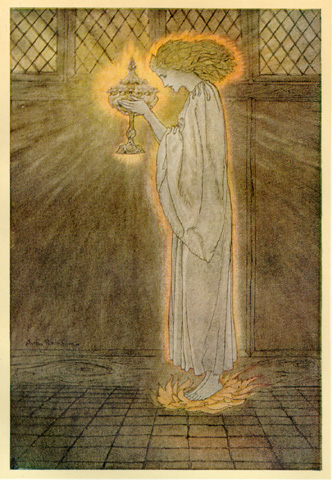
LIFE AS MYTH
![]()
JOURNAL
![]()
JOURNAL 2012
The seeds of wisdom
Leaning into the answer
![]()
Discovering the Isle of the blessed
![]()
LIFEWORKS
![]()
ATLAS
![]()

AUTUMN 2012
FINDING THE WAY HOME
Not till we are lost, in other words, not till we have lost the world, do we begin to find ourselves, and realize where we are and the infinite extent of our relations.
Henry David Thoreau (1817-62), poet, writer, transcendentalistFor the first part of our lives we are living the life of our adaptive self. The adaptive self is the one who engages the world in a way that is a direct result of the instruction of Society. At a certain point, however, the constraints of the adaptive self begin to chafe and there will be an internal call to seek something more. When this occurs varies between individuals. The degree of difficulty and the individual willingness to answer the call also varies. But, whether the call is heeded or ignored, once it is heard, the individual is never the same again.
In order to find what you seek, you must first push off from familiar shores. Ambiguity, ambivalence, anxiety. When moving from adaptive to authentic self, these are the markers of a journey which is moving into unknown waters. The degree to which we are able to sustain the tension of these three influences is considered a mark of psychological maturity.
Each journey and the challenges that come with it are unique to the individual. But whether you go deep into the woods to pursue the fabled white deer, as King Arthur did, whether you enter the Grail Castle, as Parsifal did, whether you journey into the mysterious depths as Psyche did -- you must be willing to leave your home behind and enter the uncharted realm of your soul's wilderness.
"How at the Castle of Corbin a Maiden Bare in the Sangreal and Foretold the Achievements of Galahad", from The Romance of King Arthur and His Knights of the Round Table, by Alfred W Pollard with illustrations by Arthur Rackham, 1917.

